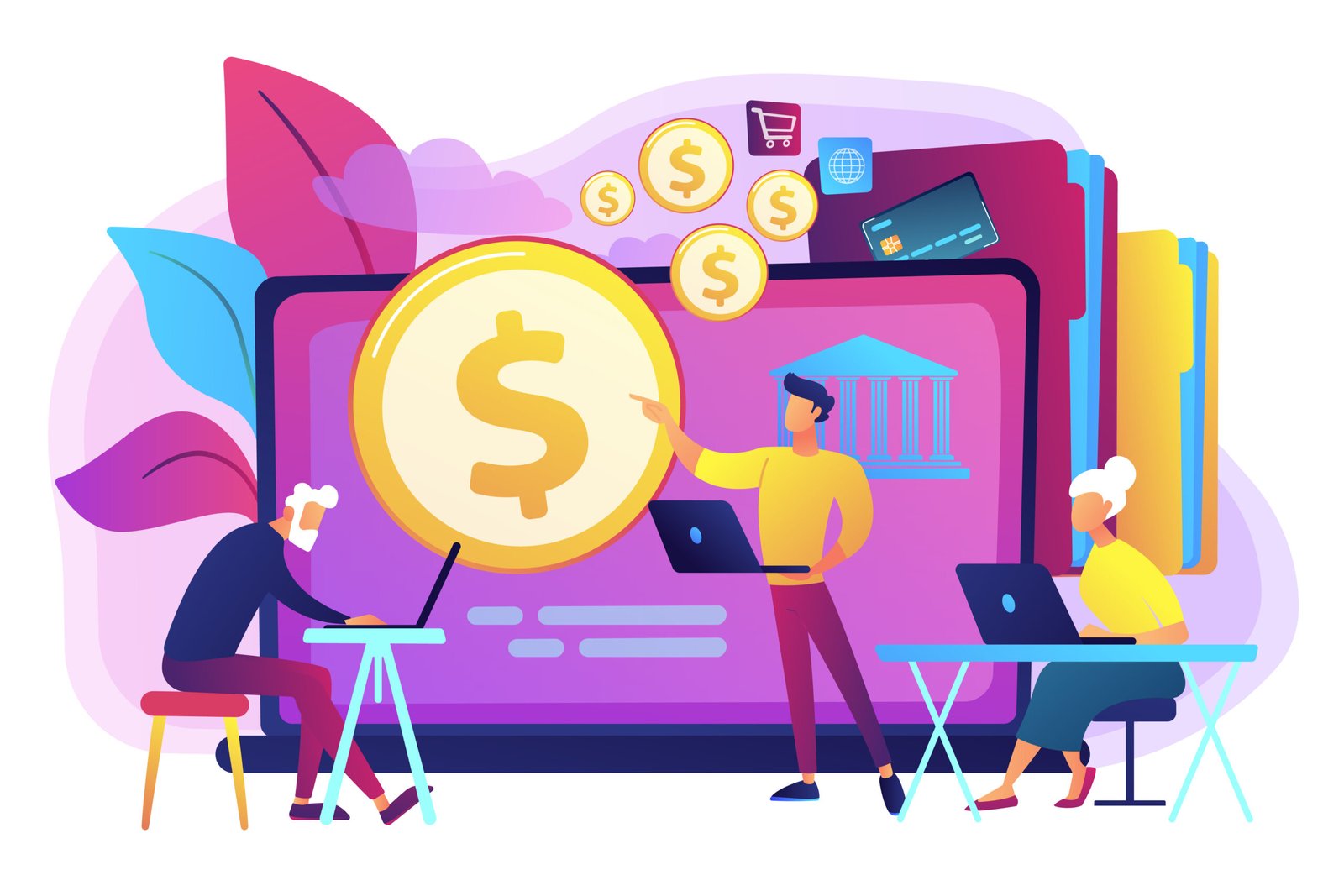What Is the Gig Economy? 5 Things To Know for Gig Workers

What is the gig economy?
The IRS defines the gig economy as “activity where people earn income providing on-demand work, services or goods,” often through an app or website[1]. This area of the job market consists of temporary, contract and freelance jobs.
The term “gig economy” gets thrown around most often in reference to jobs like working with a rideshare company, such as Uber or Lyft, making deliveries or walking dogs. But the gig economy represents a large part of the workforce and spans virtually every industry. For instance, a 2022 survey commissioned by Upwork among 3,000 professionals found that 60 million Americans had freelanced within the previous 12 months[2].
What is gig work?
Gig work varies widely, so it isn’t always easy to pinpoint. Common examples include renting out a room on a short-term rental site, selling clothes online, driving for a rideshare company and making deliveries for Amazon Flex or another service. It also includes jobs like freelance writing, tutoring, design, caregiving and many more. If you are looking to work from home, gig work may be just the ticket, particularly if you already have hobbies that make money.
A “gig” (sometimes called a “side hustle”) is generally a short-term task, project or job that a person takes up to make extra cash. But many do gig work long term or as a main source of income. Some gig workers get paid per task or assignment. Others ea
What is a gig worker?
A gig worker is someone who works within the gig economy as an independent contractor or freelancer. Gig workers are typically classified as self-employed, rather than employees, for tax purposes. For this reason, they don’t receive regular employee benefits such as health insurance, retirement plans or paid time off.
What to know about working in the gig economy
Working in the gig economy can come with flexible hours, quick cash or the ability to set your own pay, depending on the job. However, it can also mean irregular income, a lack of benefits, and complicated taxes. If you’re considering gig work, keep a few things in mind:
1. Research the pay
Rates can vary by location, experience and demand. Plus, the platform you get gig work through may take a cut of your earnings. It’s also a good idea to find out how often you get paid, so you’ll know when to expect each paycheck. Check the company’s website, reviews and Better Business Bureau page for details.
2. Be aware of potential costs
Some gigs require you to pay for certain expenses related to the job. For example, you may be on the hook for insurance, gas and car maintenance if you transport goods or people.
3. Budget for taxes
Traditionally, employees automatically get payroll taxes withheld by their employers. Most gig workers, on the other hand, are responsible for doing the math themselves. Build self-employment tax into your budget so you don’t face a surprise bill when it’s time to file.
4. Watch for scams
Gig work is high in demand — and scammers know this. Be on the lookout for red flags. If you’re asked to pay money upfront, or a position promises to pay more than your skills and experience warrant, it’s probably a scam. Learn more about how to spot a bogus job.
If you’re interested in starting a remote gig, you can learn about more tips and opportunities in our work from home guide.
5. Watch for burnout symptoms
The unpredictable income and work schedule that comes with many types of gig work can be stressful, which may lead to poor health, depression, anxiety, sleep problems and more.
And high stress levels could lead to job burnout, which the Mayo Clinic says is “a state of physical or emotional exhaustion that also involves a sense of reduced accomplishment and loss of personal identity.”
Keep an eye out for burnout symptoms, especially if you are working more than one gig. Symptoms include:
- Difficulty concentrating.
- Lack of energy.
- Changes in sleep habits.
- Irritability and impatience.
Consider looking at your living expenses and seeing whether you can lower or eliminate some expenses. That might allow you to work fewer hours or better hours.
And there’s also no shame in looking for resources to help with paying your bills if you are struggling to make ends meet.






